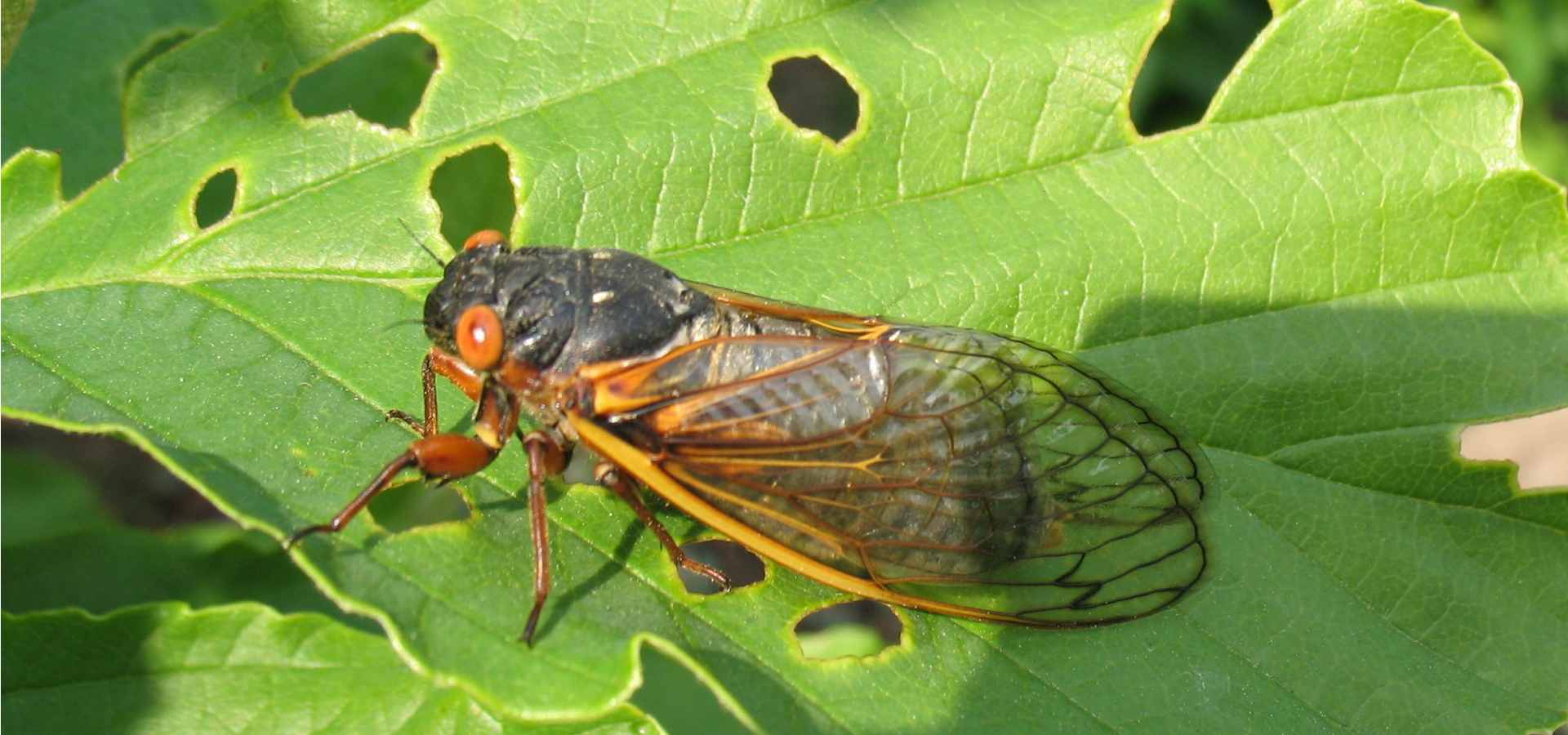In the next few weeks, a huge swath of America will experience the largest cicada emergence any of us have ever seen. While the noise cicadas make can be annoying to many people, the convergence of two massive broods this year poses a special challenge to people with sound sensitivity, such as those with autism.
What are cicadas?
Cicadas spend the majority of their 13 or 17 year long lives underground as nymphs, feeding on the sap from tree roots. When the soil temperature warms up (usually in April and May), they emerge all together, shedding their exoskeletons and transforming into their adult form. The adult cicadas then spend a few weeks above ground, mating, laying eggs, and making their characteristic buzzing calls.
This buzzing is the crux of the situation. The loud buzzing can be disruptive, and the sheer number of insects can be overwhelming. This year, over a trillion cicadas will emerge. The sheer scale of this mind-boggling number can best be appreciated when you hear it.
Male cicadas sing in chorus with each other, producing sounds their mates can hear a mile away. A single cicada makes a noise up to 106 decibels. That’s about as loud as standing next to a lawnmower or chainsaw going at full tilt. With a trillion of them coming out across America in the next few weeks, some places will feel intolerable.
Sound sensitivity
Sound sensitivity, also known as hyperacusis or sound intolerance, is a condition characterized by an increased awareness and reactivity to certain sounds. People with sound sensitivity experience discomfort or pain even with sounds that others might consider tolerable. Sounds can also feel extra loud to some people. Additionally, some sounds can be extremely aggravating, causing people to feel anxious or angry. Sound sensitivity appears in a number of medical conditions, such as traumatic brain injury, Lyme disease, migraines, and autism.
Sound sensitivity in autism
Between 50 and 70% of people with autism have a heightened sensitivity to certain frequencies, volumes, or types of sounds. This comes as part of many other sensitivities or specific preferences that people with autism have around things like sound, texture, taste, or smell. This is because people with autism process these sensations differently from the rest of us.
When people with autism encounter sounds they find overwhelming (such as cicadas), they will display a number of specific behaviors. They will try to muffle the sound by covering their ears or stopping the sound at its source. For many people, some situations around sounds can be so overwhelming that they simply can’t handle it and emotionally meltdown. This is threat that is coming with this year’s cicada broods.
Dealing with cicadas and sound sensitivity
Quiet spaces
Many people with sound sensitivity, including those with autism, find the fastest way to deal with uncomfortable sounds is to find a quiet space. Having one or several quiet spaces in familiar areas is a great resource to help people calm down when things get too intense. People can also try to stay away from places they know will be noisy. These work fine for most regular sound sensitivity situations, but a trillion cicadas is no normal sound. In the coming weeks, some people will find that their normal quiet spots aren’t so quiet.
Fighting noise
When people can’t escape noise, they have to deal with it wherever they are. The most accessible way of doing that is ear plugs or noise canceling headphones. While a lot of people will be unwilling to wear either of these constantly during a noisy time, they are a good option for getting some respite from sounds.
Cognitive Behavioral Therapy
CBT is the best long term solution when these other two options won’t work. CBT can help people with sound sensitivity manage the stress that noises cause them. Learned skills and relaxation methods enable people to properly manage the anxiety and aggravation.
Exposure therapy
Exposure therapy can also help people learn to deal with sound sensitivity. It helps people confront and overcome fears, anxieties, or traumatic experiences. People are gradually exposed to the source of their fear or anxiety in a controlled and supportive environment.
Preparing for cicadas with sound sensitivity
The upcoming cicada emergence will be annoying for millions of Americans, but a few of us will find it absolutely intolerable. Those with sound sensitivity like people with autism will likely struggle significantly to get through the next few weeks. However, following just a few of these management steps can help take the edge off.


 Learn
Learn Get News
Get News Find Help
Find Help
 Share
Share
 Share
Share
 Share
Share
 Share
Share



